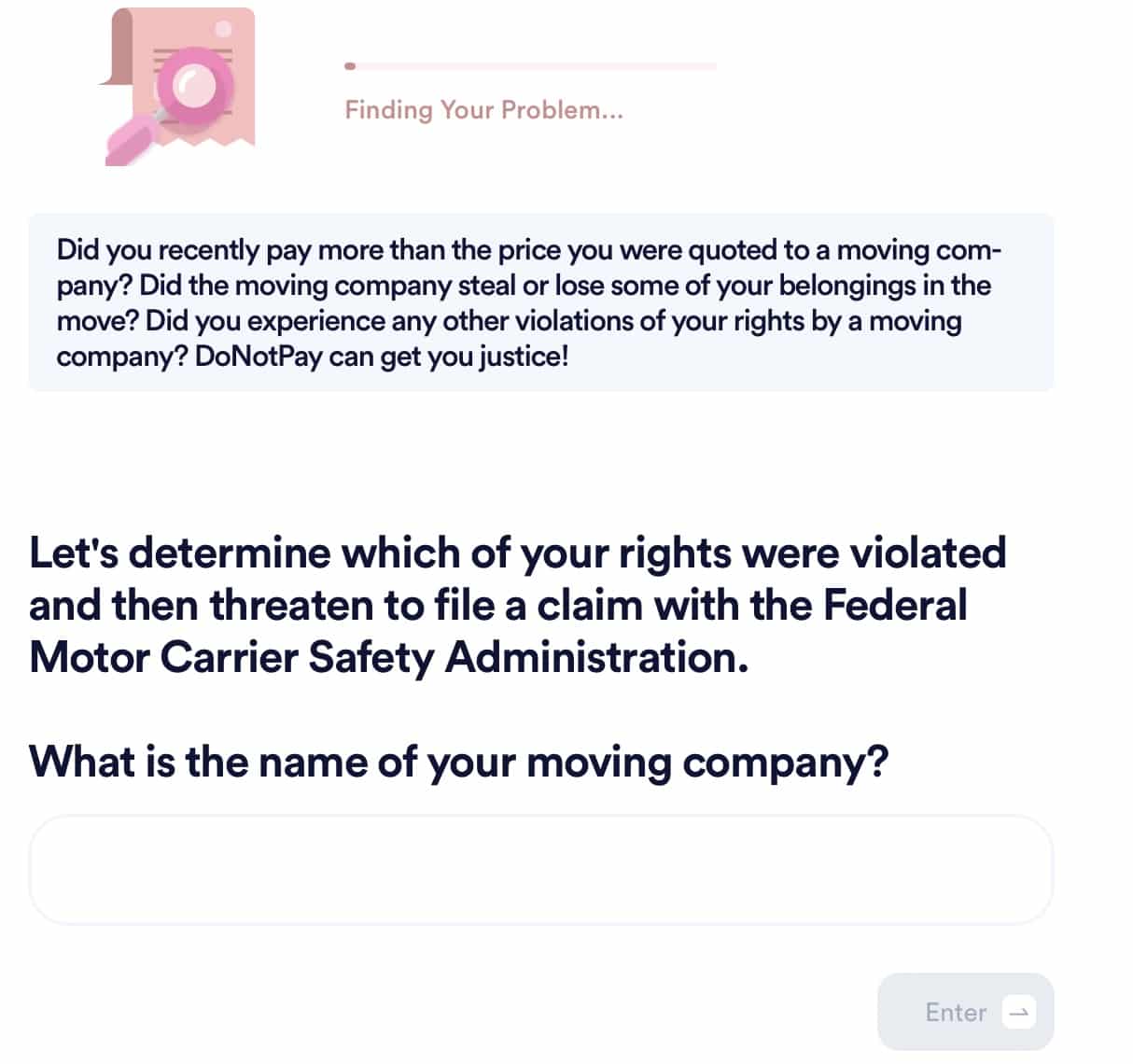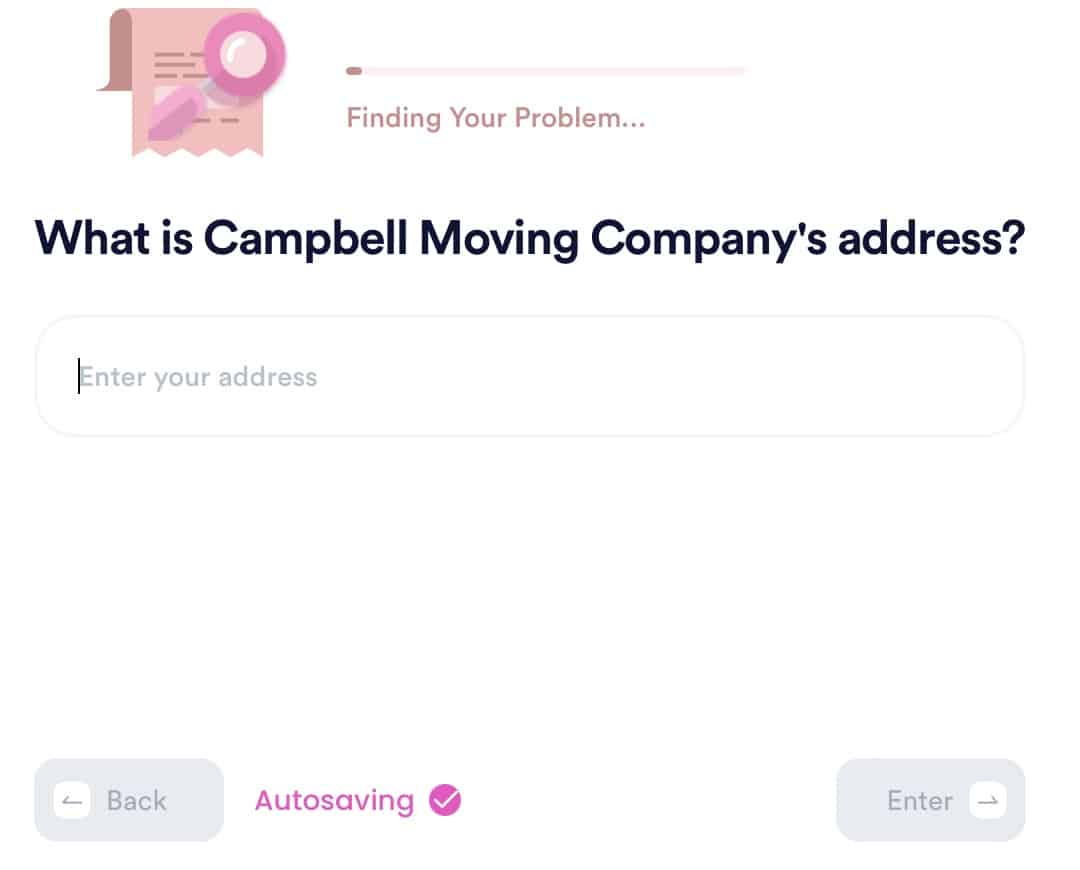Does Homeowners Insurance Cover Moving Damage?
If you are going to be moving, you should know if your belongings will be protected whether you use a moving service or move yourself. You may have wondered if your . The answer is: maybe. There are a number of factors that will affect what is covered by your homeowner's insurance policy and for how much.
We are going to tell you what you should know about insurance coverage during a move, but policies are different and you should definitely consult your insurance agent about your specific coverage and limits.
Types of Moving Damage
There are many types of damage that you may experience while moving. These are the most commonly reported types of moving damage.
-
Broken or Scratched Furniture
While moving furniture, it is common for the furniture to be scuffed, scratched, torn, or broken. Though the damage is generally minor, antiques and heirlooms may not be replaceable or repairable.
-
Lost or Stolen Items
When you hire movers it is not unusual for things to get missed or misplaced, forgotten, or even stolen. Most movers are bonded and do thorough background checks to prevent theft. This does not prevent misplaced or lost items though.
-
Automobile Accidents While Transporting
A fender-bender should not damage your belongings if they are packed and loaded properly. Improper loading or packing, or a more severe accident could result in the loss of all of your belongings. But in the case of an accident that damages your stuff, there’s a good chance either the moving company’s insurance will cover it, or the insurance of another at-fault driver.
Homeowner's Insurance Policy Coverage
may provide some protection depending on the terms of your policy. Many policies will provide coverage while your belongings are in your home, in storage, and in transit. Policies often do not cover your items while they are being handled by movers. Lost or stolen items may be covered as well as damage due to an accident while transporting items.
Moving Company Insurance Requirements
Moving companies are required to carry insurance that should cover items broken while being handled by movers. Moving trucks must have auto insurance which should provide some protection while in transit.
Moving companies must offer insurance protection for your belongings. There are two options they are legally required to offer customers:
| Full Value Insurance | The full value insurance will cover the full value of your belongings for a fee. |
| Released Value Coverage | The released value coverage is to be provided at no extra charge to the customer and it provides $0.60 per pound per item if damaged during the move. |
Optional Coverage
If you have items that are of particularly high value, like artwork, jewelry, or antiques, it is recommended that you carry additional insurance as a precaution. Here are some types of insurance you may want to discuss with your insurance agent.
-
Trip Transit
The trip transit policy protects your personal property from theft, fire, or loss while being transported or while in storage. This policy does not provide coverage of damage due to flooding or due to items being broken.
-
Special Perils
A special perils policy covers items broken if they are not fragile. Items such as a sofa, tables (not glass), or chairs will be covered if broken. Items not covered would include any glass items like dishes or anything else that is easily breakable.
-
Floater
The floater policy is for any high-value items that you will be moving. This policy provides full value coverage of these items, including jewelry, china, and antiques.
DoNotPay Will File a Claim in Small Claim Court
If you are having trouble getting compensated for your damaged belongings, you may have to file a claim in Small Claims Court. DoNotPay has a product that will send a demand letter to the company and if they fail to respond, the product will provide claims forms and court dialog scripts.
Use DoNotPay's Moving Issues Product
Insurance policies and limits can be confusing. Reporting issues and complaints after a move should not be confusing.
How to file a complaint against a moving company using DoNotPay:
- Search for moving issues on DoNotPay.

- Start our Solve My Moving Issues product by telling us the name of the moving company you are having issues with.

- Answer some questions about your specific move, your moving company, and the complaint for which you'd like relief.

DoNotPay will write a letter to your moving company, detailing both your complaints and your demands for compensation and relief and warn against a lawsuit if those demands aren't met. If you don't get a response within two weeks, we can help you escalate to small claims court!
DoNotPay Works Across All Companies/Entities/Groups With the Click of a Button
Check out the other articles in the Moving Issues product series to get even more information.
- Does renter's insurance cover move damage?
- Movers lost my stuff, what should I do?
- Movers damaged furniture.
- When to file an FMCSA complaint.
- Find out how to send demand letters to a moving company|.
- Moving company complaints.
More Things to Do With DoNotPay
Are you ready to find even more ways to save? Here are a few more of the products to get you started.
- Customer service calls without a wait.
- File a complaint from anywhere.
- Locate your lost items.
- Airline flight compensation for your delayed or canceled flights.
- Need to send demand letters to? Take it to Small Claims Court.
Join DoNotPay today!


